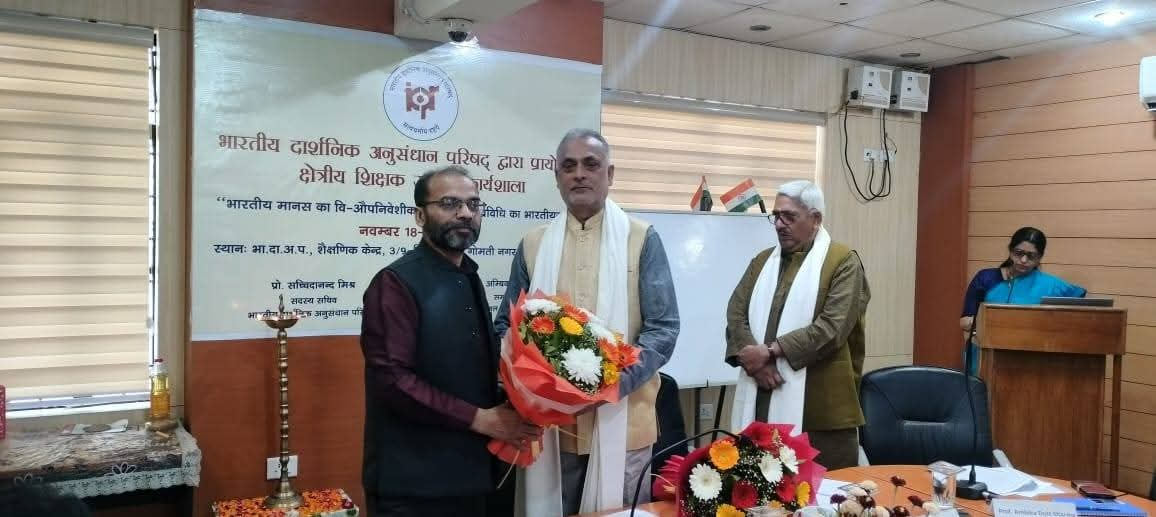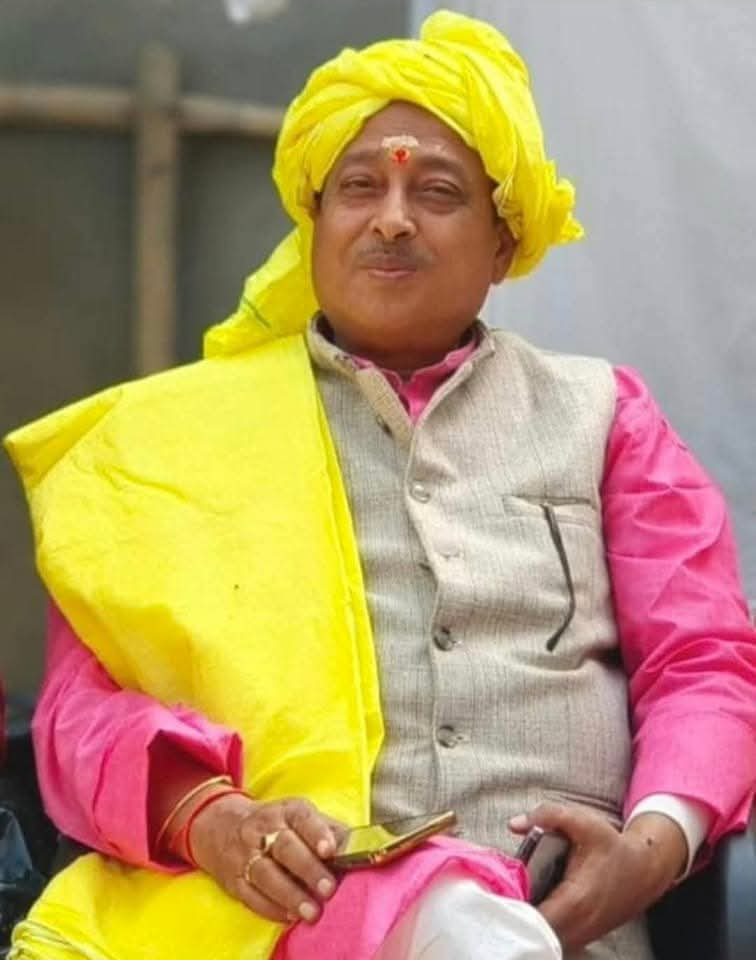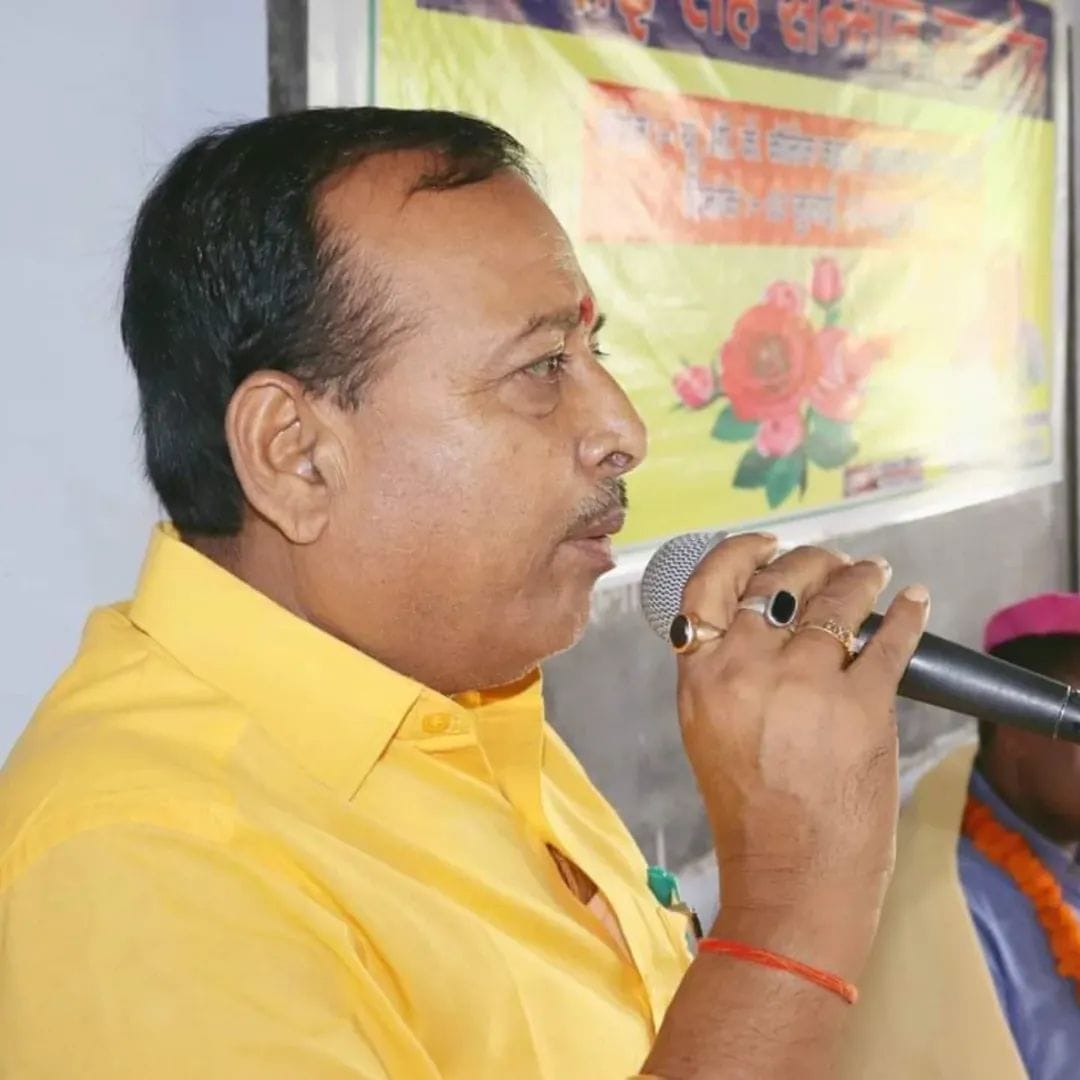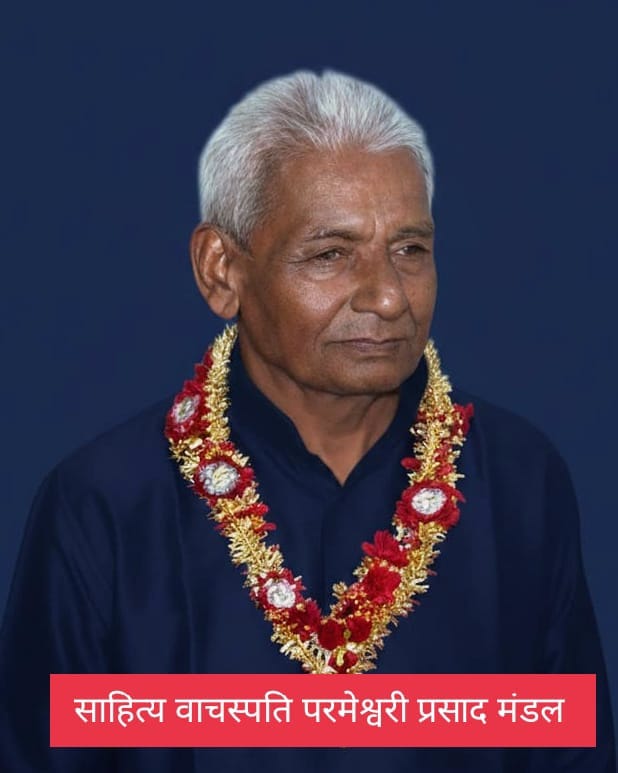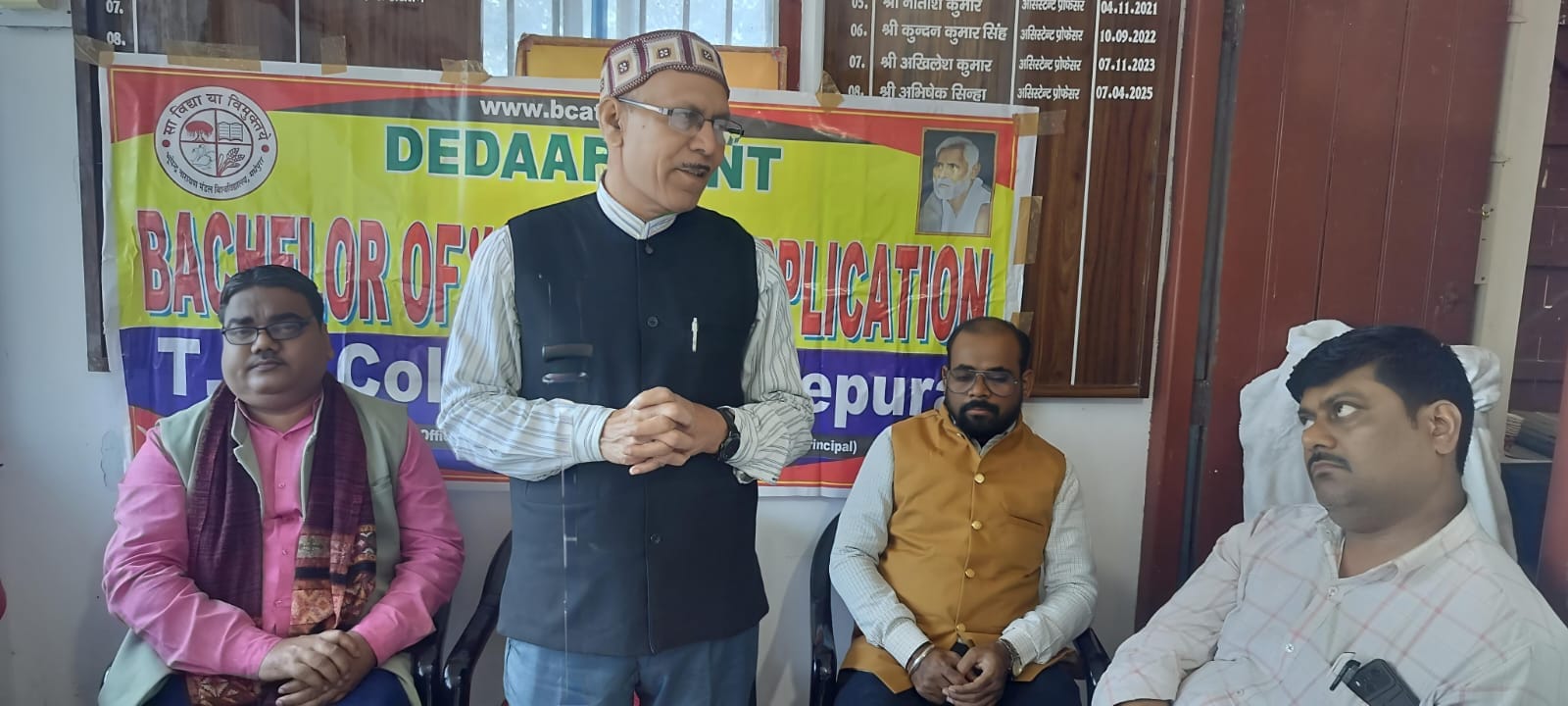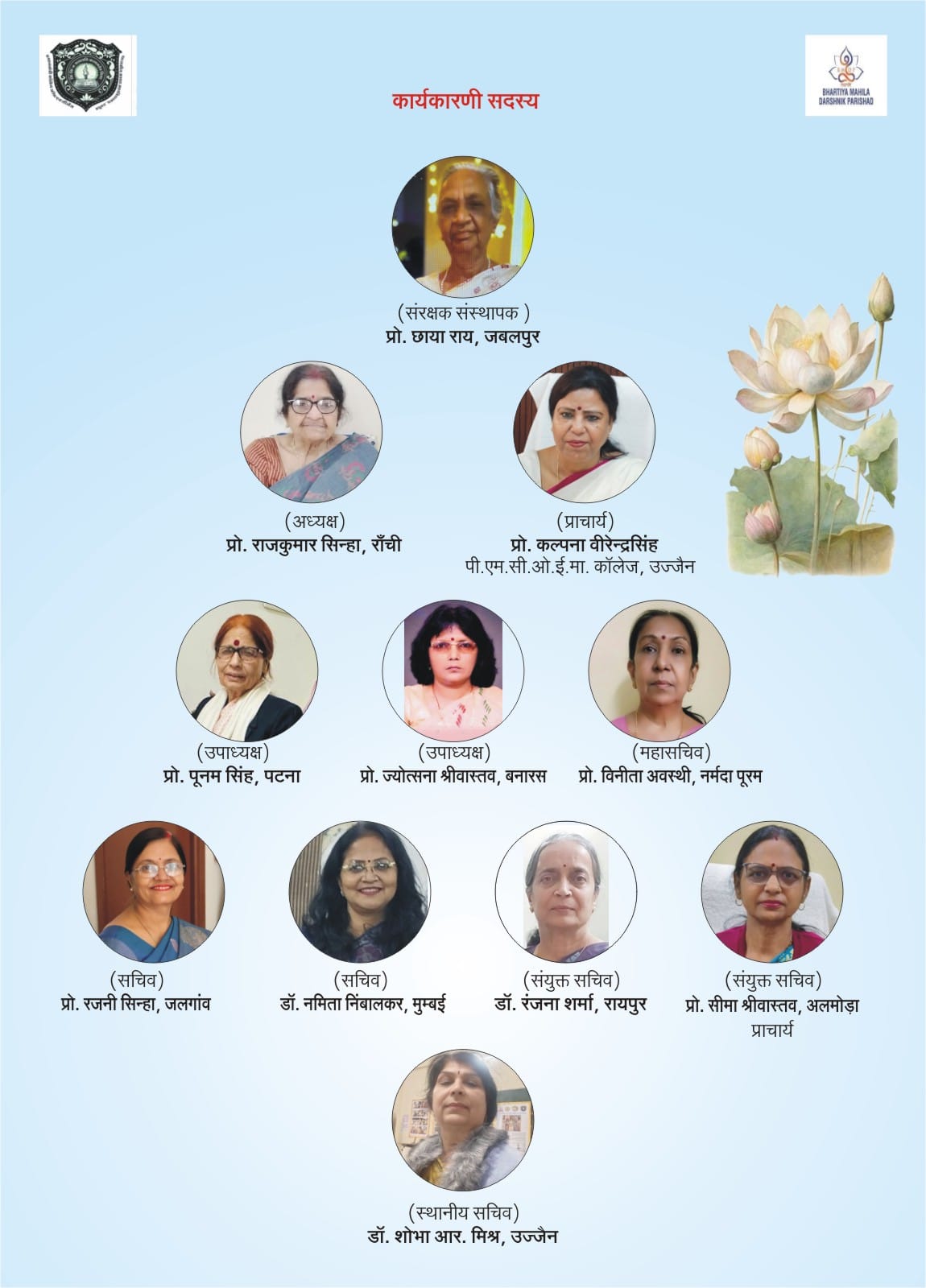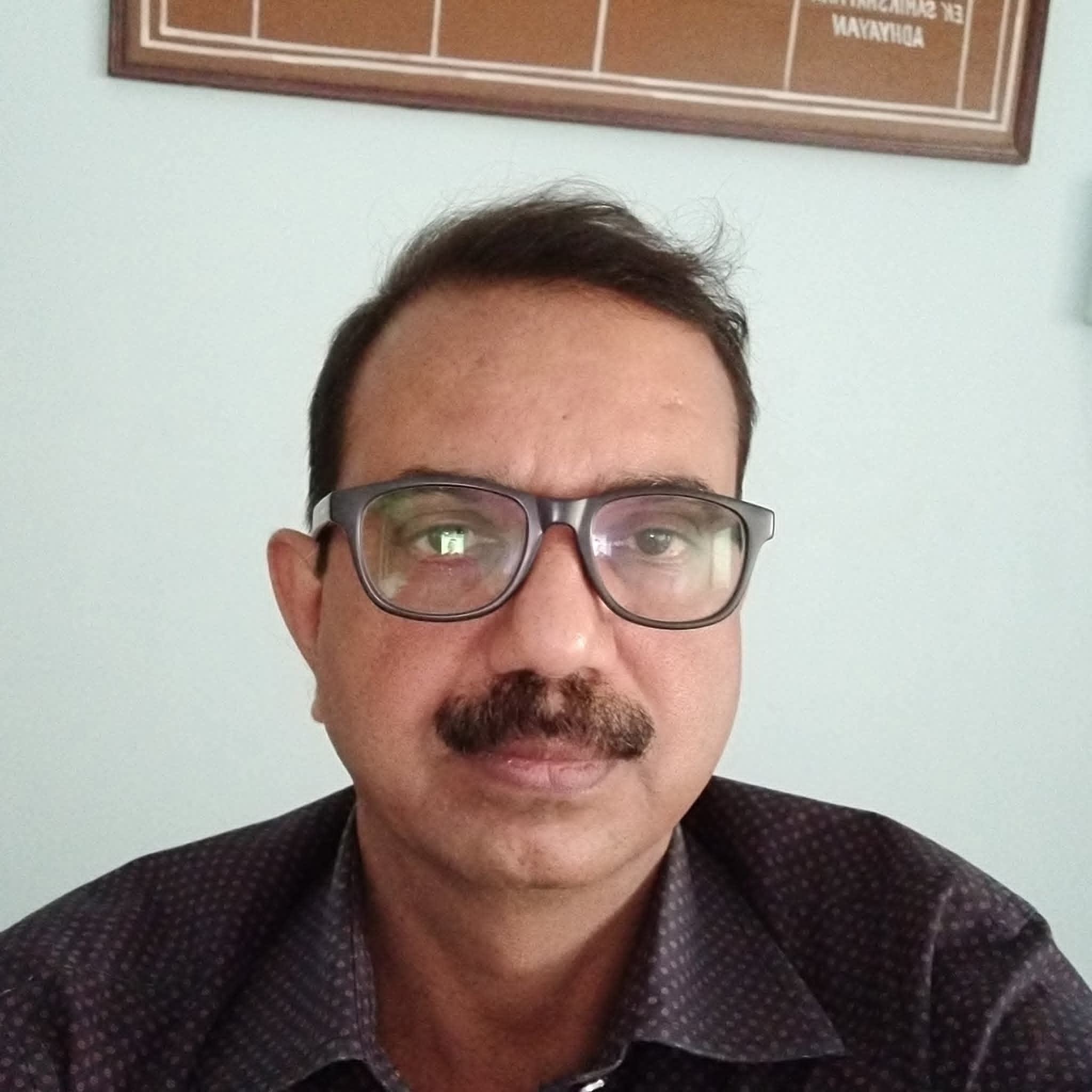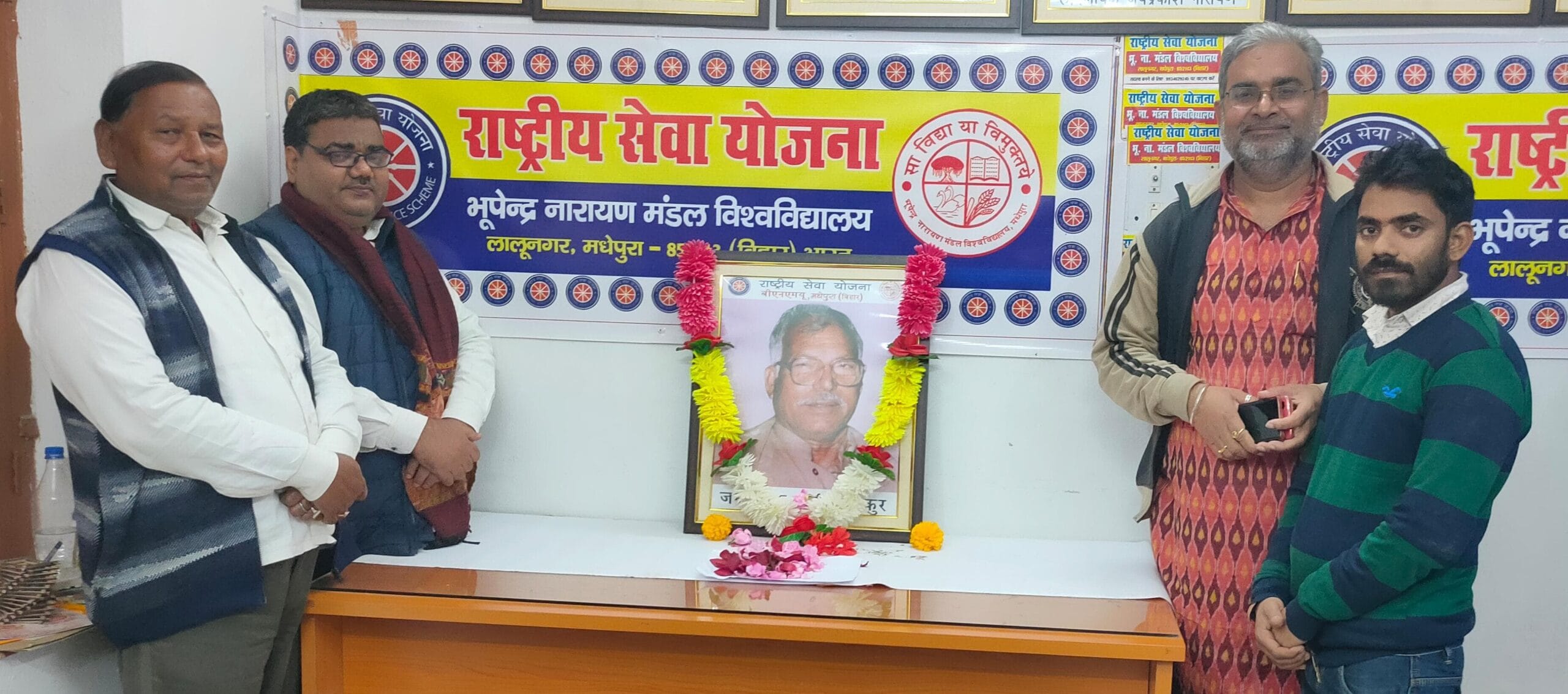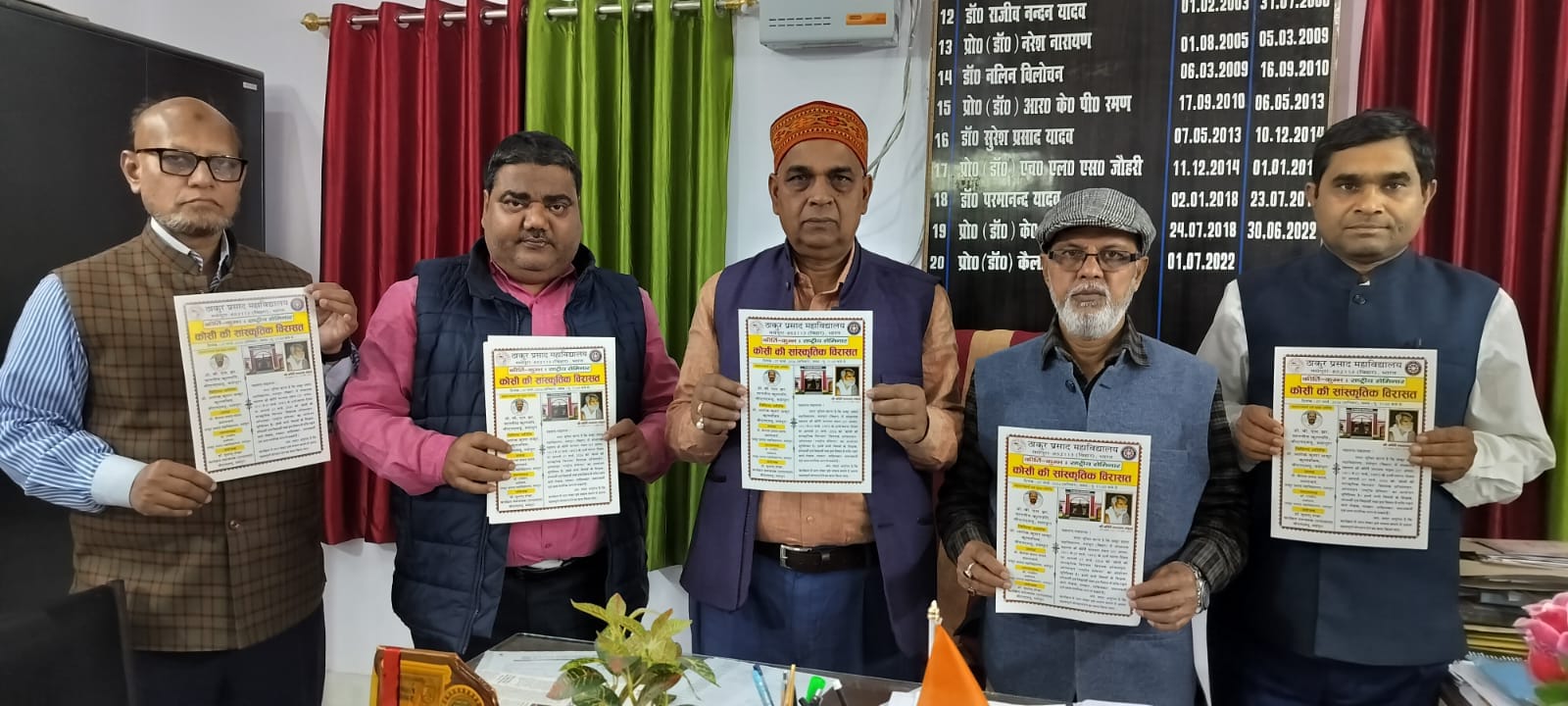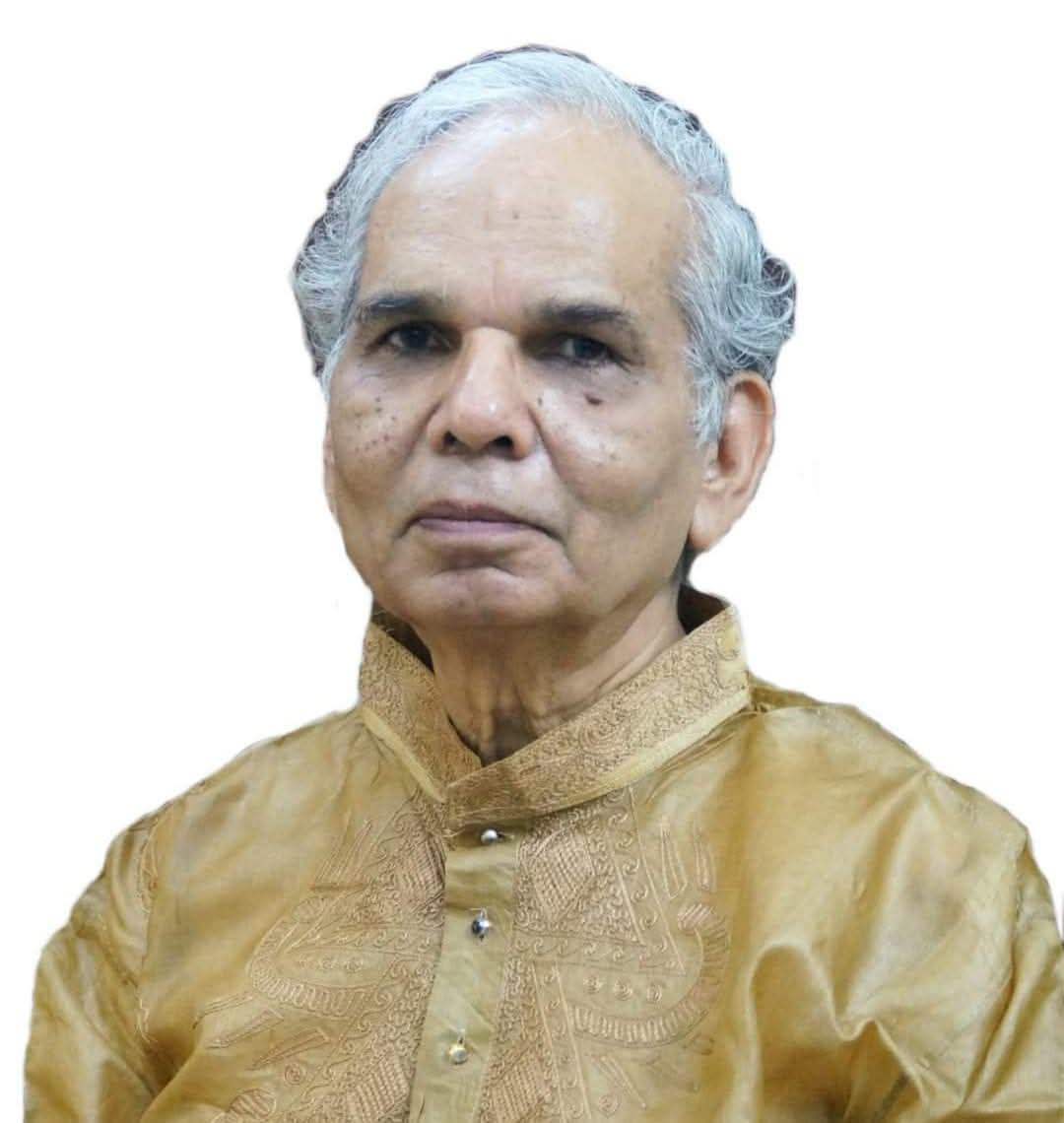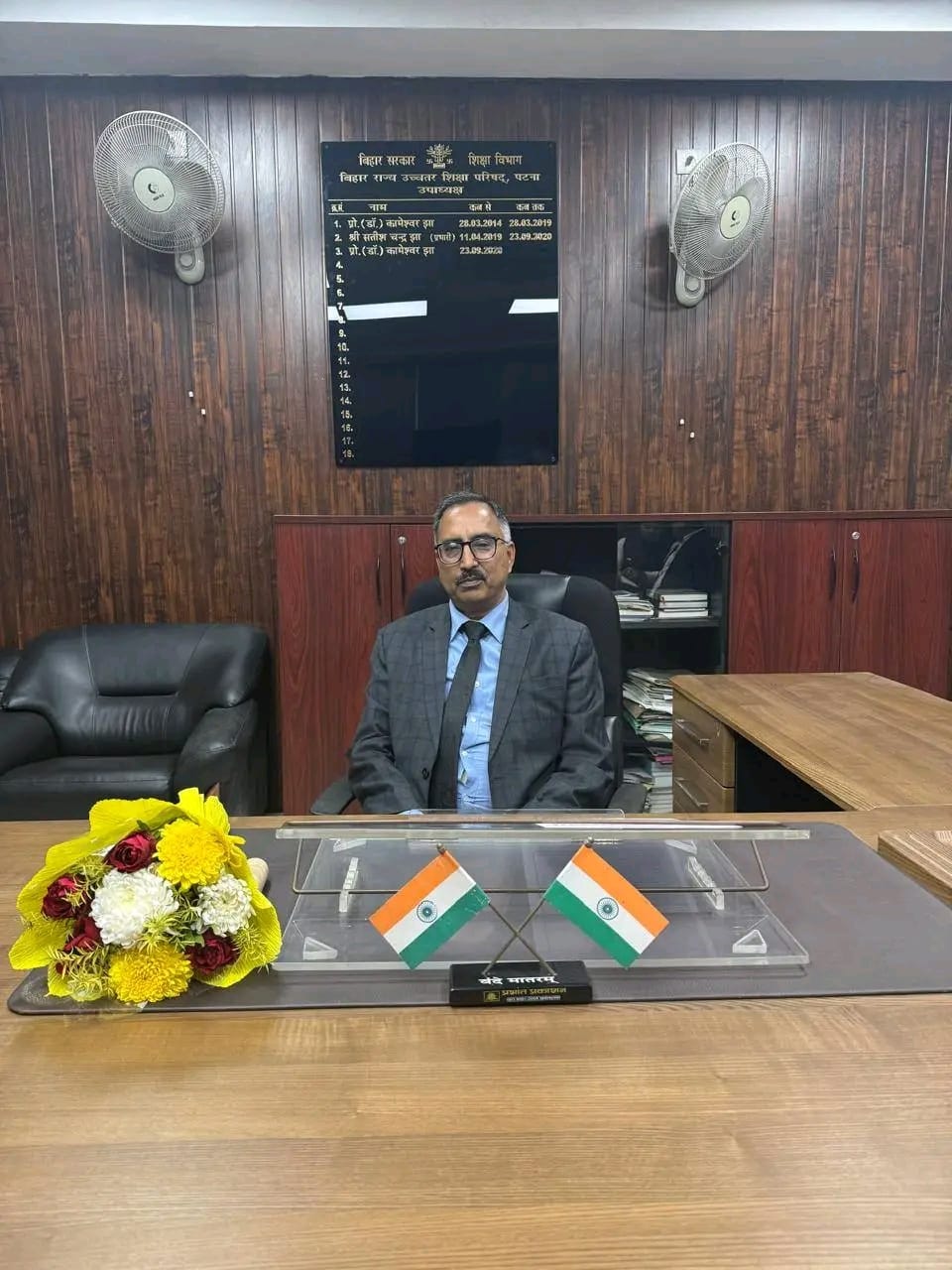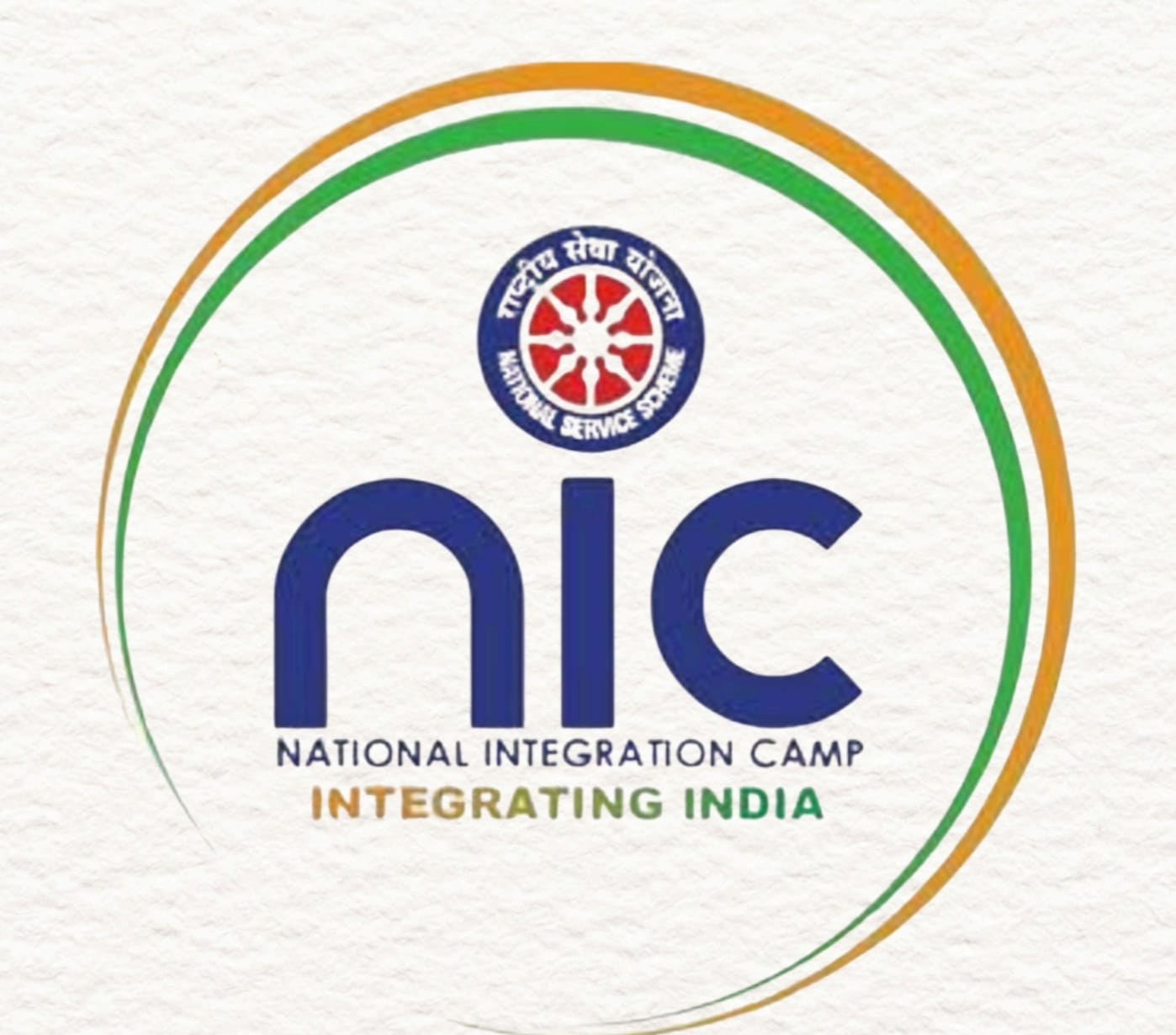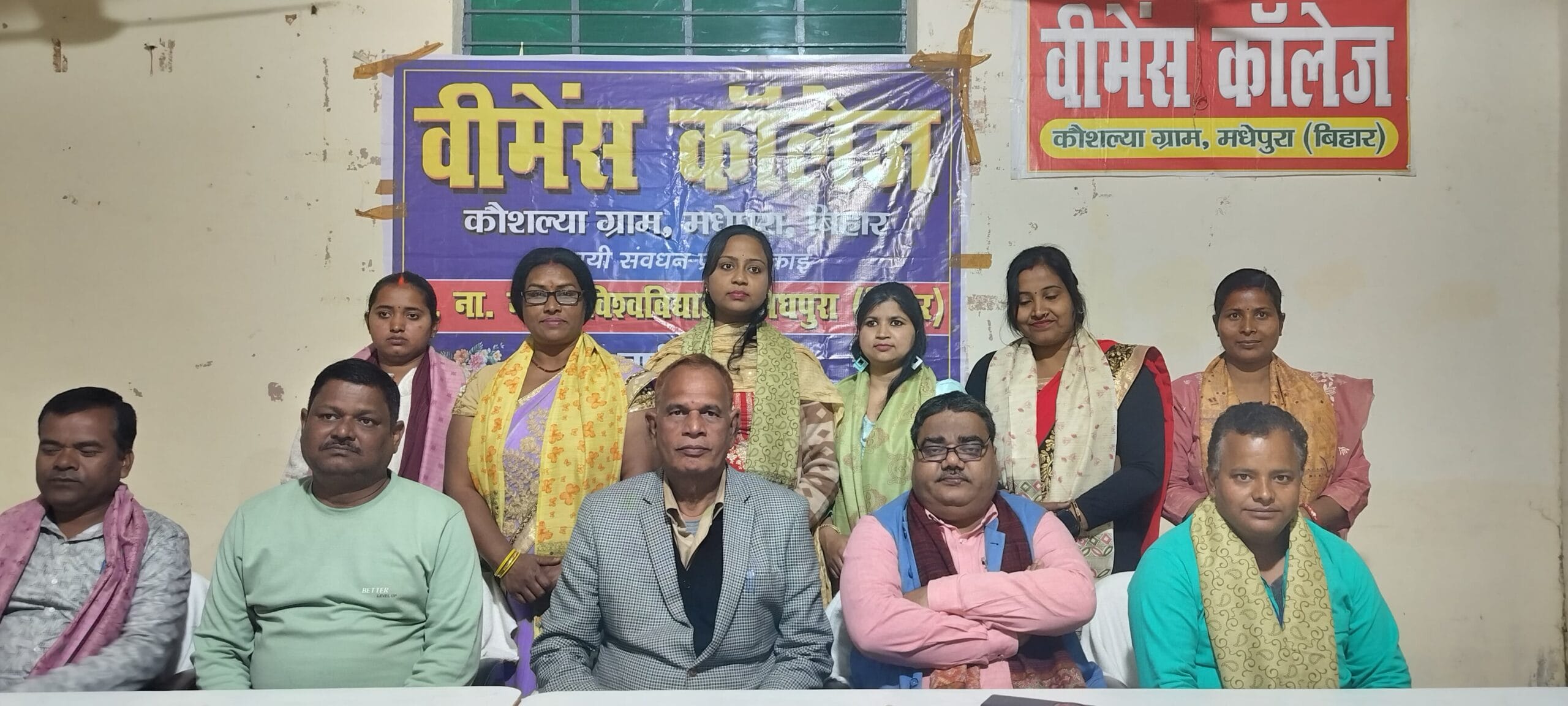It is with great pleasure that we report the successful commencement of a one-week Faculty Development Programme from November 18 to 24, 2024, at the ICPR Lucknow Centre. This significant event, focusing on the theme “Decolonising the Indian Mind Through Indian Research Methodology,” was organized under the diligent coordination of Prof. Ambika Datt Sharma, former Professor and Head of Philosophy at Sagar University and the current President of the Akhil Bharatiya Darshan Parishad, with the generous sponsorship of the Indian Council of Philosophical Research (ICPR). The inaugural session, held on November 18th, was chaired by the Member-Secretary of ICPR, Prof. Satchidananda Mishra. The proceedings began with a traditional lamp-lighting ceremony, followed by a warm welcome extended to the guests. Prof. A.D. Sharma then introduced the FDP’s central theme, establishing the framework for the week’s discussions. The chief speaker, Prof. Brijendra Pandey, a Fellow from the Indian Institute of Advanced Study in Shimla, delivered the keynote address. His central thesis proposed that to reform the contemporary Indian mind from its current state of deformation, one must look back to its original, pre-colonial form. He systematically structured his talk, first exploring the diverse fields of knowledge, or Vidyas, in pre-colonial India, then analyzing the impacts of the colonial period, and finally suggesting pathways for decolonization. Drawing on the works of Indian thinkers such as Ananda K. Coomaraswamy, A.K. Saran, and Mahatma Gandhi, Prof. Pandey offered a critique of modernity, arguing that it is fundamentally incompatible with Indian cultural and spiritual traditions, as well as with the core tenets of world religions. He equated modernity with violence. Following this, Prof. Satchidananda Mishra provided nuanced presidential remarks, offering a critical clarification on the decolonization project.
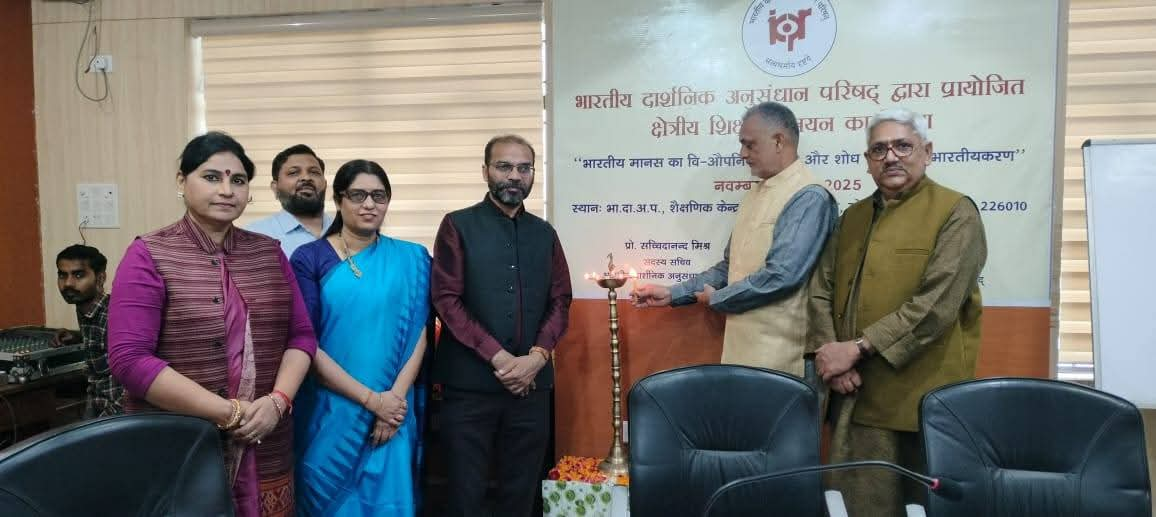
He emphasized that the goal is not a wholesale regression to the past or a rejection of all civilizational progress. Quoting the poet Kalidasa, he stressed that all knowledge must be assessed through valid evidence and reasoned argument. The formal morning session concluded with a vote of thanks delivered by Dr. Pooja Vyas of the ICPR Lucknow Centre.
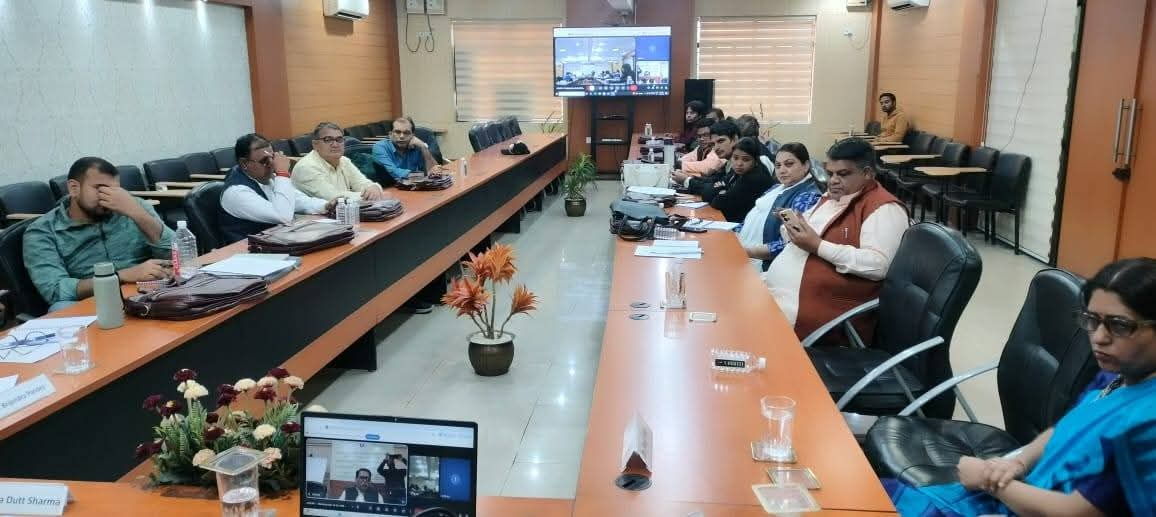
The post-lunch session featured two lectures by Prof. R.K. Mishra from the University of Lucknow, who explored the possibilities and challenges of decolonization in the Indian context. In his first lecture, he elaborated on the profound challenges, arguing that colonialism was not merely territorial but also a conquest of the mind, self, and collective unconscious, with the latter being more dangerous and enduring. He critiqued the European Enlightenment’s universalist claims for deforming the Indian intellect and fostering a culture of mimicry. His analysis extended beyond Western liberalism to include what he termed “Communist colonization,” an ideological subjection based on social universals. He contended that these two forces collectively dilute the authentic Indian mindset. In his second lecture, Prof. Mishra balanced his critique by cautioning against an outright rejection of all Western thought, acknowledging Western thinkers like Schopenhauer, Goethe, and Blake who valued India’s legacy. He concluded by asserting that the primary avenues for achieving decolonization are systemic reforms in education and politics, identifying these as the crucial domains for fostering cultural self-confidence and intellectual independence. His lectures were followed by engaged discussions with the participants.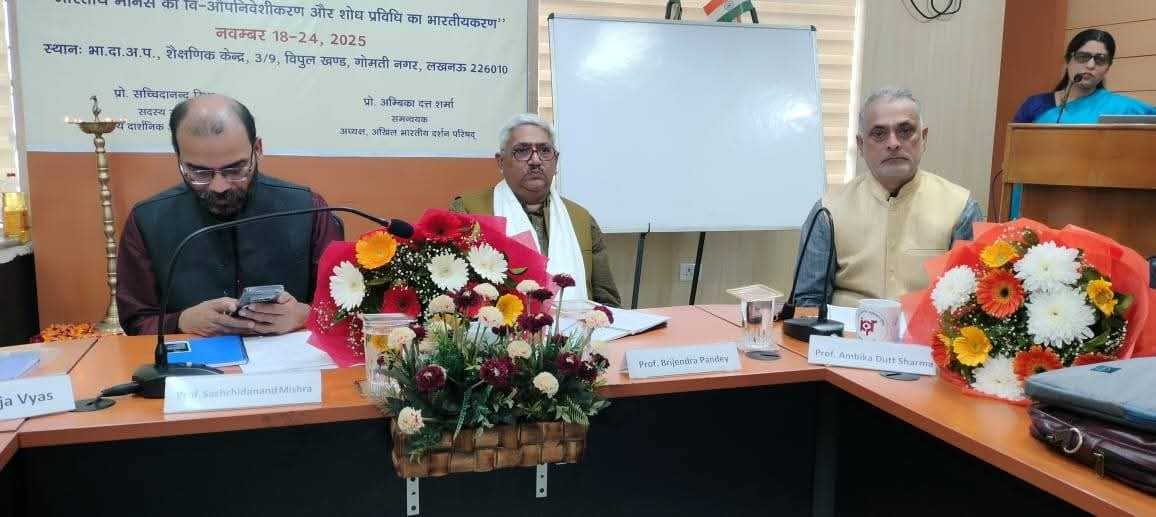
-प्रोफेसर सच्चिदानंद मिश्र, सदस्य-सचिव, आईसीपीआर, नई दिल्ली के फेसबुक वॉल से साभार।


